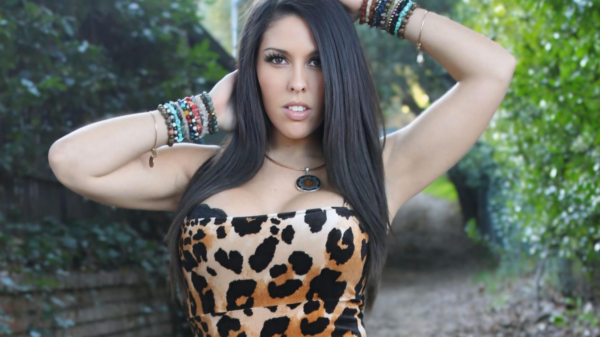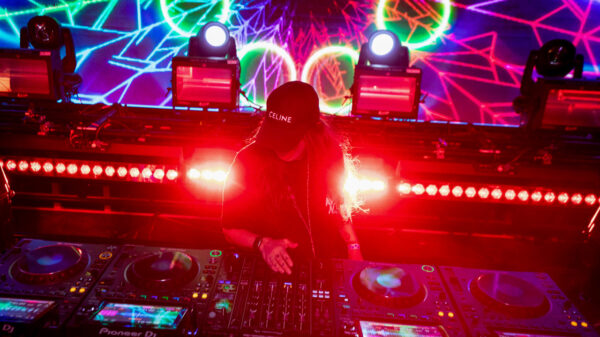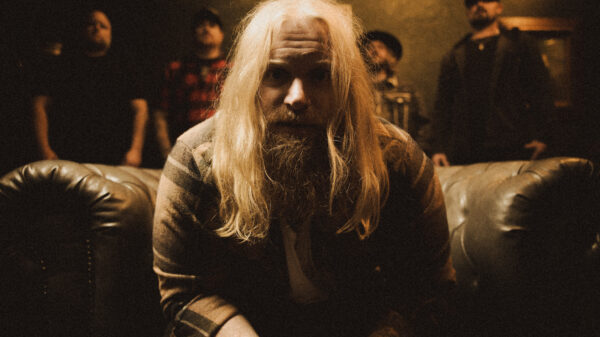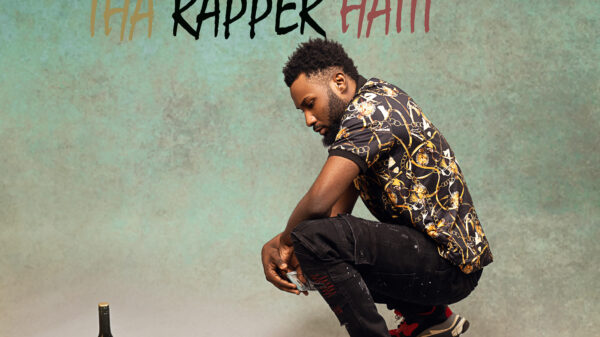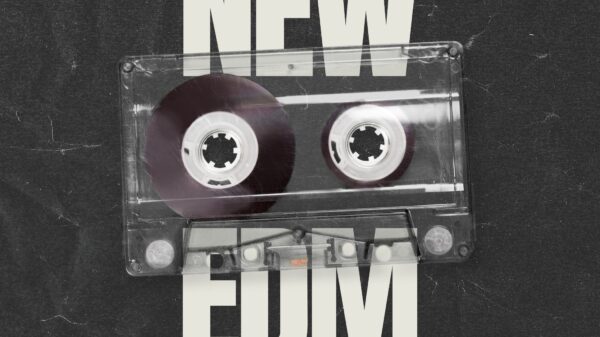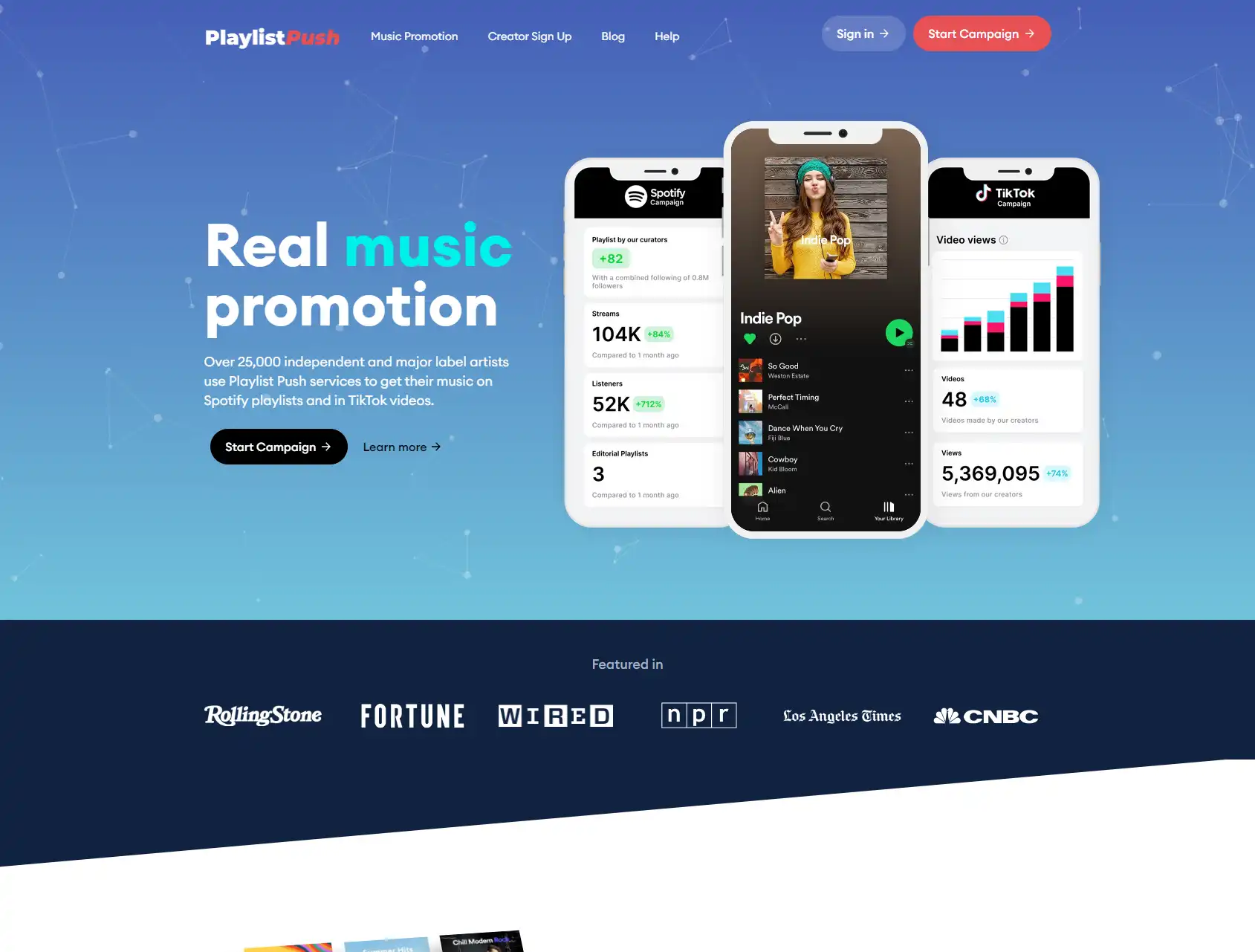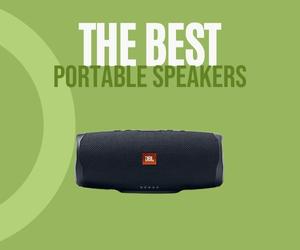For independent musicians with limited budgets, investing in music PR often comes into question. Professional PR campaigns can quickly get expensive between retainers, pitching fees, and more. This article examines if music PR provides enough value and exposure to justify the costs compared to other marketing alternatives.
What Does Music PR Actually Do?
Music PR (public relations) focuses on securing press coverage and editorial features for artists. Typical music PR services include:
- Pitching your releases to relevant blogs, magazines, websites for reviews, interviews, articles, premieres, etc.
- Arranging interviews, radio appearances, and sessions for media outlets
- Writing compelling artist bios and press releases optimized for media
- Developing long-term press relationships and constantly pitching
- Organizing album premieres, release events, listening parties
- Getting music featured in important publications, blogs, and podcasts
The goal is to build ongoing buzz and coverage across both music and mainstream media outlets. This raises an artist's profile and perceived authority.
The Benefits of Music PR
The potential upside of investing in music PR includes:
Media Exposure
Press features expose your music to new audiences from that outlet's readership. Certain tastemaker sites can provide huge spikes in listeners.
Industry Legitimacy
Press quotes and features are powerful social proof signals, showing you're worthy of media attention and industry buzz.
Brand Building
Consistent press coverage strengthens your artist brand by increasing your discoverability and reach.
Major Distribution
Some PR wins like premieres and exclusives temporarily put your tracks on major outlets before wide release.
Touring Prospects
Press buzz in a particular city can improve local turnouts for touring bands.
When effective, music PR offers incredibly influential exposure opportunities compared to just relying on social media and word-of-mouth. The challenge lies in actually getting those results.
The Drawbacks of Music PR
While the potential upside seems clear, there are downsides to weigh as well:
No Guaranteed Results
PR involves lots of pitching but no guarantee of features. You may invest but get little press to show for it.
Temporary Spikes
Initial press spikes when a feature runs are often short-lived. Sustaining buzz is difficult.
Costs Add Up
Between retainers, entry fees, and campaign costs, professional PR gets expensive, often $1000+ per release.
Still Need Other Promo
PR alone won't sustainably grow your audience. Additional marketing remains essential.
Crowded Space
Every artist seems to have a PR team pitching the same media contacts nowadays. Standing out is hard.
Weighing the potential impact against the costs and uncertainty is key when evaluating music PR. The effects tend to be cyclical, with intense bursts around releases followed by lulls in coverage. Relying solely on press mentions is an uphill battle.
Alternative Marketing Avenues
Given the potential drawbacks of traditional press, are other promotional avenues worth exploring for independent artists?
Playlisting
Use Promo Code: QMBMRYN & Click the Link Below
Playlist pitching services like PlaylistPush focus on getting your songs added to influential Spotify playlists to drive streams. User-curated playlists have massive exposure potential on Spotify with the right music that fits the playlist theme.
Pros: Directly drives streams. Data-driven approach targets proven playlists. Less costly than traditional PR.
Cons: Still uncertain results. Doesn't build media relationships.
Social Media Growth
Building engaged followings on social platforms through smart content and ads. Allows direct fan communications.
Pros: Owned platform you control. Can build lasting fans.
Cons: Requires consistent effort. Promotions are time-consuming. Organic growth is slow.
Local Gigging
Booking local shows and residencies, promoting heavily, and converting local fans.
Pros: Direct fan connections. Can expand regionally.
Cons: Geographically limited. Labor-intensive.
Content Marketing
Creating great content like blogs, videos, podcasts that provides value and attracts new followers.
Pros: Owned platform. Flexible formats.
Cons: Long-term strategy. Need production skills.
Paid Ads
Facebook, Instagram, YouTube ads to get content and offers directly in front of target users.
Pros: Wide reach. Clear analytics.
Cons: Costs add up fast. Users tune out ads.
Evaluating Music Promo Options
Here are key factors to consider when dedicating budget and effort to various music marketing approaches:
- How does it align with my goals – streams, followers, engagement, etc?
- What are the upfront costs and ROI potential?
- What tangible results does it produce?
- Is it scalable growth over the long-term?
- Does it fit my team's skills and capacity?
- How does it integrate into the bigger picture marketing strategy?
- Does it form lasting fan connections and loyalty?
A balanced, holistic marketing plan combines PR wins, social media engagement, content creation, ads, and experiential fan interactions for sustained audience growth. PR alone has limits. But assessed judiciously against other tactics, music PR retains value for elevating artist visibility through tastemaker outlets.
FAQ About Music PR
What press outlets should I target?
Focus on blogs, zines, and shows that cover your genre, local scene, and new artists. Also consider relevant lifestyle sites. Evaluate the reach and influence.
What results can I realistically expect?
For a quality indie release expect 2-5 premiere/exclusive features and another 3-5 mentions in blogs that fit your niche. Radio or mainstream press are long shots early on.
Is radio promotion still worthwhile?
Terrestrial radio has waned in influence, especially for independent artists. But satellite radio or internet radio promotion can be impactful if you get songs into the right rotation.
How long until press picks up on a new artist?
Don't expect much press traction for at least 1-2 single/EP releases. Building a narrative arc, fanbase, and body of work takes time before media invests coverage.
Should I hire a PR company or DIY?
PR firms have media relationships and save time pitching but keep 40-50% of your budget. DIY takes consistent work but costs less as you build contacts.
What other metrics matter besides press?
Website traffic, email signups, streaming growth, video views, social followers, local audiences, and fan retention matter just as much. Optimize across all.
Conclusion
Traditional music PR provides powerful credibility when executed successfully. But costs are high while results are uncertain and often fleeting. Carefully weigh PR against other marketing channels on criteria like budget, goals, and capacity. Independent artists may find more accessible growth through avenues like playlists, social media, content creation, and local scene-building in the early days. PR gains value once you have initial traction to leverage into wider industry awareness. With no surefire magic bullet for bootstrap marketing, analyze all options and diversify your efforts.

